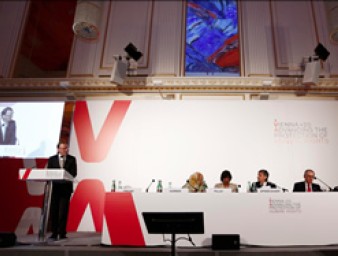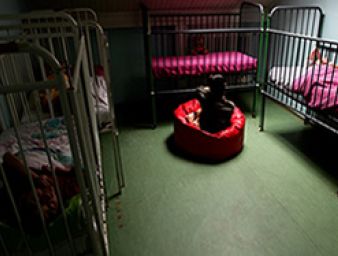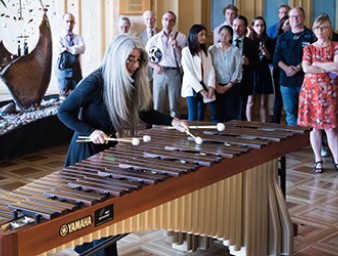Designing transformative solutions for disability inclusion
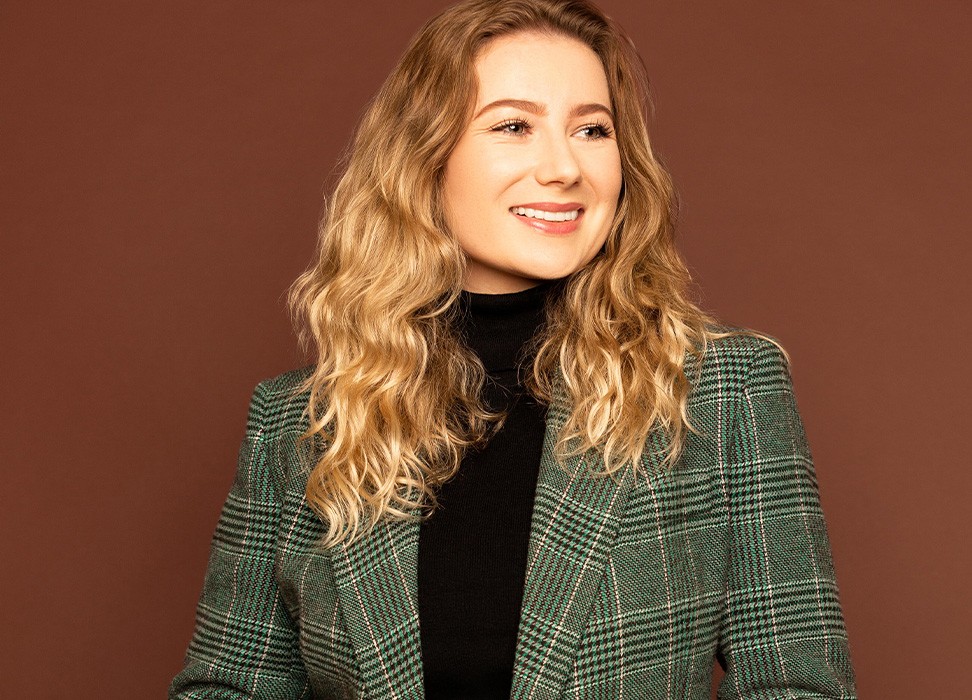
“I lost my job to ableism,” Keely Cat-Wells said.
Cat-Wells, a British national, moved to Los Angeles, United States, to explore career opportunities in the entertainment industry. There, she was offered a job. However, that offer was rescinded when she disclosed her impairment.
Having recently moved to the United States, Cat-Wells was unaware that she could file a discrimination suit against her former employer under the Americans with Disabilities Act. Further, she did not want to risk her immigration status and was afraid of being blacklisted in Hollywood.
Undeterred, Cat-Wells founded C Talent, a talent management and consulting company that represents high-profile online creators, performers and entertainment industry professionals with disabilities.
The company not only promotes the employment of her industry clients in diverse roles but also advocates for the appointment of disability officers to ensure that sets are accessible. She also helps companies become accessible beyond legal compliance. In partnership with UN Human Rights and other organizations, C Talent also serves as a founding member of #WeThe15, a campaign that aims to promote greater inclusion and access to services for people with disabilities.
In its General Comment number 8, the UN Committee on the Rights of Persons with Disabilities described ‘ableism’ as “a value system that considers certain typical characteristics of body and mind as essential for living a life of value. Based on strict standards of appearance, functioning and behaviour, ableist ways of thinking consider the disability experience as a misfortune that leads to suffering and disadvantage and invariably devalues human life,” which adversely affects the opportunities for many persons with disabilities to have meaningful work and employment.
Advocating for inclusion and representation in creative industries revealed itself to be an innovative way for Cat-Wells to create change from various angles and do away with stereotyping people with disabilities.
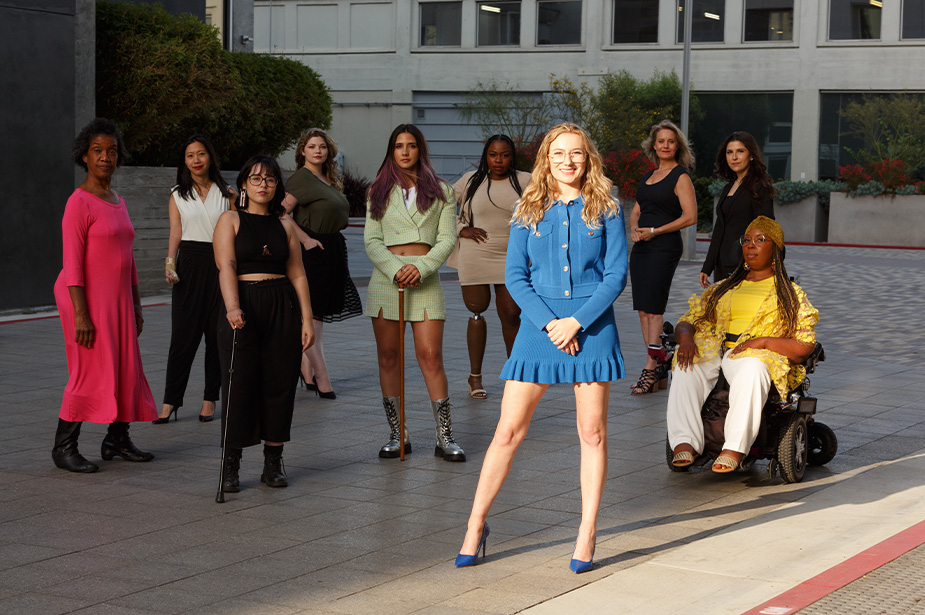
A photo of Keely Cat-Wells and her C Talent team. She is wearing a blue dress, standing in front under the sun. Her team in the shadow standing, one person in a wheelchair, with some distance between each other, looking at the camera. © 2015 Steve LLamb & Images Burnside/Keely Cat-Wells/C Talent
“I want to see new narratives and I am excited that there are more disabled writers and creatives who are now behind the camera, actively implementing that change because we cannot just have stories written from one type of lived experience,” she said, adding that she also wanted to see representation of what she calls pan-disability – not only physical impairments but also hidden impairments.
“I have never personally seen my experience reflected on screen. If I had seen that representation before I had my surgery, I would probably be a very different person. Representation is so powerful; it really does shift” your perspective on people,” Cat-Wells said.
From aspirations to legal protections
Almost 75 years ago, representatives from different legal and cultural backgrounds from all regions of the world drafted the Universal Declaration of Human Rights, a set of universal, indivisible and inalienable rights recognizing the equal dignity and worth of everyone.
It was the first time that the international community agreed on a set of common values and recognized that human rights are inherent to everyone for the simple fact that they were born and not because they were granted by States.
Article 2 of the Declaration describes that entitlement “without distinction of any kind such as race, colour, sex, language, religion, political or other opinion, national or social origin, property, birth or other status.” The last words of this sentence – “other status” – have frequently been cited to expand the list of people specifically protected.
“Our shared values [enshrined in the Declaration] provide us a path to equity. From the world that I am in, there is constant talk of data and the business case for disability - improving our right to be in the room because of data,” Cat-Wells said. “But what this document does so well is actually say it is not about data, it is not about the business case, it is about hearts, people and humanity. And that is where real change lives.”
The prohibition on discrimination enshrined in that Article has allowed the creation of other treaties, declarations and conventions that spell out the human rights of protected groups not specifically listed. These include people with disabilities with whom the Convention on the Rights of Persons with Disabilities was drafted and later adopted in 2006.
“I would love to see disability more explicitly listed in Article 2 because oftentimes we are othered or not in the definition of diversity nor categorized. It is just ‘other’,” Cat-Wells said.
Although the UDHR fosters a sense of common humanity beyond individual differences, almost 75 years on, people with disabilities still face discrimination and barriers that restrict them from participating in society on an equal basis with others every day.
They are commonly denied their rights, including entry to the general school system and the workplace, living independently in the community, voting, or participating in sport and cultural activities. They are often held back from accessing social protection or justice, choosing medical treatment or entering freely into legal commitments. The Convention on the Rights of Persons with Disabilities aims to change that.
The full inclusion of people with disabilities, of all ages, requires ensuring the necessary support and care systems to live independently in their communities. They are also essential for the full and meaningful participation of people with disabilities in society with equal choice and a life in dignity, autonomy and independence as recognized by the Convention.
Evidence from the International Labour Organization shows that investing in support and care systems has broader long-term benefits for the economy and society, including economic growth linked to employment creation.
Disability rights as a social justice movement
While doing her part to change perceptions and increase representation in creative industries, Cat-Wells also hopes that Governments and businesses would create more environments where people with disabilities would receive the support they need.
“Hire disabled people, fund disabled people, let disabled people lead and learn from disabled people's lived experience. But also do your own research on disability and learn from the work that has already been done within the disability justice movement,” she said.
Referencing the work of the Disability Justice Collective, Cat-Wells described disability justice as “a social justice movement which focuses on examining disability and ableism as they relate to other forms of oppression and identities such as race, class and gender.”
“So to truly create an inclusive world, we need to recognize that disability intersects with issues of social justice, racial justice, economic justice, gender justice and more, and cannot exist without those, and they cannot exist without disability.”
On 10 December 2023, the world will celebrate the 75th anniversary of the Universal Declaration of Human Rights. That seminal document has inspired many struggles for stronger human rights protection and helped them be more recognized.
However, progress does not mean the fight for rights and equality ever ends. Given the many remaining challenges and the global backlash against human rights, the Universal Declaration, which calls upon everyone to stand up for human rights, is more relevant than ever.
On 2 December 2022, on the eve of the International Day for the Rights of Persons with Disabilities, Keely Cat-Wells became one of the laureates of the Youth Activist Summit in Geneva, Switzerland, that this year focused on inclusion and solidarity. Each year since 2019, the Summit celebrates young people who have achieved outstanding results in advancing sustainability and human rights.
Disclaimer: The views, information and opinions expressed in this article are those of the persons featured in the story and do not necessarily reflect the official policy or position of the Office of the UN High Commissioner for Human Rights
